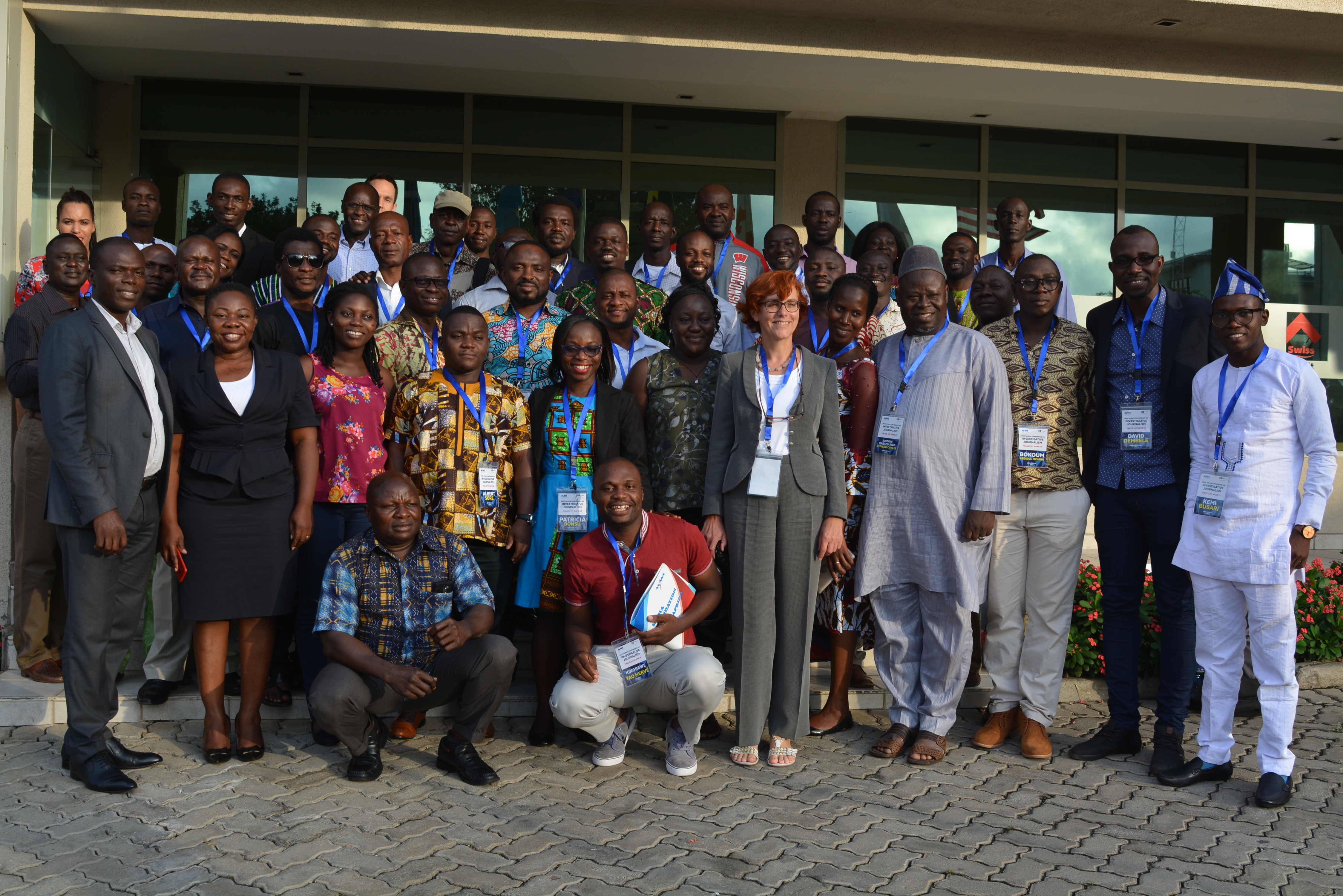Sixty influential journalists across West Africa have adopted a seven-point resolution to promote cross-border collaboration on investigative journalism to tackle issues of good governance, accountability and socioeconomic development in the region.
The journalists adopted the resolution at the two-day West Africa Conference on Investigative Journalism event organised in Accra, Ghana, by the Media Foundation for West Africa (MFWA) in collaboration with DW Akademie, on October 10 and 11, 2018.
The participants engaged in round table discussions and group presentations on critical issues such as State of Investigative Journalism in Africa; Building Safety nets for Investigative Journalism in West Africa; Cross border Investigative Journalism: Lessons from West Africa Leaks and Panama Papers; Tools for Conducting Collaborative Investigations and Driving Impact for Investigative Reporting among other topical subjects.
At the end of the two-day discussions, the participants unanimously adopted and issued the following seven-point resolution:
- Concerned about the situation of journalists in the region, we call on the region’s governments to act as matter of urgency to ensure the safety and legal protection for journalists.
- Seeing that criminal libel and its manipulation by powerful people and institutions dissuade critical and investigative journalism, we reaffirm our commitment to carrying out increased advocacy for the decriminalisation of libel and other press offenses.
- Given the indispensable role of reliable information and accurate data in promoting good governance, transparency and accountability in the region, we call on countries in West Africa which have not yet passed Right to Information laws to do so to empower citizens to hold duty bearers accountable.
- Recognising the crucial role of information in mass education, sensitisation, democratic consolidation and socioeconomic development, we equally call on governments which have passed Rights to Information laws to ensure their effective implementation by speeding up the process of participatory governance and free flow of information in public domains in order to give full meaning to the adoption of the law.
- Mindful of the gaps in professional standards and the challenge of inadequate capacity, we call on media owners, media stakeholders, national and international media partners to continuously work to reinforce media practitioners’ capacities on issues of good governance, transparency, accountability and other social development issues.
- Given that quality reporting, particularly investigative journalism depends, to a large extent, on adequate financial and logistical support, we urge media owners and administrators to allocate more resources to investigative journalism as a demonstration of their commitment to excellent and impactful media reporting.
- Recognising the need for coordination and synergy, we commit ourselves to the creation of a vibrant and dynamic cross-border network of West African investigative journalists to facilitate collaboration both at national and international level on tackling the pressing issues of good governance, democracy, transparency, accountability and overall socioeconomic development in the region.
Adopted in Accra, Ghana, this 11th day of October, 2018





